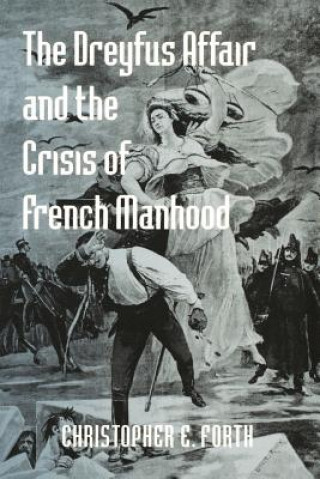
Kód: 04709701
Dreyfus Affair and the Crisis of French Manhood
Autor Christopher E. Forth
In 1894, French army captain Alfred Dreyfus, an Alsatian Jew, was wrongly accused of passing military secrets to the Germans. The ensuing scandal has often been studied for what it reveals about French anti-Semitism and tensions b ... celý popis
- Jazyk:
 Angličtina
Angličtina - Vazba: Brožovaná
- Počet stran: 320
Nakladatelství: Johns Hopkins University Press, 2006
- Více informací o knize

939 Kč

Skladem u dodavatele v malém množství
Odesíláme za 10-14 dnů
Potřebujete více kusů?Máte-li zájem o více kusů, prověřte, prosím, nejprve dostupnost titulu na naši zákaznické podpoře.
Přidat mezi přání
Mohlo by se vám také líbit
-

Art Forms in Nature Mini
289 Kč -

International Approaches to Rape
4648 Kč -

Wanted!
222 Kč -

Political Monopolies in American Cities
3076 Kč -

Seismogenic Zone of Subduction Thrust Faults
4516 Kč -

Crossing the Outskirts
345 Kč -

Research Handbook on Executive Pay
1523 Kč
Dárkový poukaz: Radost zaručena
- Darujte poukaz v libovolné hodnotě a my se postaráme o zbytek.
- Poukaz se vztahuje na celou naši nabídku.
- Elektronický poukaz vytisknete z e-mailu a můžete ihned darovat.
- Platnost poukazu je 12 měsíců od data vystavení.
Více informací o knize Dreyfus Affair and the Crisis of French Manhood
Nákupem získáte 94 bodů
 Anotace knihy
Anotace knihy
In 1894, French army captain Alfred Dreyfus, an Alsatian Jew, was wrongly accused of passing military secrets to the Germans. The ensuing scandal has often been studied for what it reveals about French anti-Semitism and tensions between republicanism and conservatism under the Third Republic. But because treason was considered a cowardly-and therefore effeminate-act, Dreyfus also embodied, for many, the danger of effeminate men masquerading in military uniform. In The Dreyfus Affair and the Crisis of French Manhood historian Christopher E. Forth shows how the rhetoric and images used during the Dreyfus Affair reflected French anxieties about masculinity and modernity, and also facilitated ongoing debates about the state of French manhood through the First World War. Forth first considers the broad gender issues that faced the French at the time of the Dreyfus trial. He examines contemporary newspaper accounts as critiques of the masculine credentials of Jewish men and shows how members of the Jewish press answered allegations of their own cowardice and effeminacy. By situating the figure of the "intellectual" within the gender anxieties of the time, he shows how Dreyfus's supporters defensively tried to affirm their masculinity by distancing themselves from "cowardly" Jews, "hysterical" crowds, and threatening women. This book pays special attention to how the Dreyfus Affair engaged with changing ideals of the male body. Taking as a metaphor the portly body of Dreyfus's most prominent defender, novelist Emile Zola, Forth explores how an emerging emphasis on diet and exercise allowed supporters to celebrate Zola's "heroic" weight loss. Finally, he examines the relation of the Dreyfus Affair to the "culture of force" that marked French society during the prewar years, thus accounting for the rise of the youthful athlete as a more compelling manly ideal than the bookish and sedentary intellectual.
 Parametry knihy
Parametry knihy
Zařazení knihy Knihy v angličtině Society & social sciences Society & culture: general Social groups
939 Kč
- Plný název: Dreyfus Affair and the Crisis of French Manhood
- Autor: Christopher E. Forth
- Jazyk:
 Angličtina
Angličtina - Vazba: Brožovaná
- Počet stran: 320
- EAN: 9780801883859
- ISBN: 0801883857
- ID: 04709701
- Nakladatelství: Johns Hopkins University Press
- Hmotnost: 484 g
- Rozměry: 154 × 229 × 24 mm
- Datum vydání: 05. June 2006
Oblíbené z jiného soudku
-

Women Who Run with the Wolves
238 Kč -

Freedom Writers Diary
287 Kč -

Think Like a Monk
441 Kč -

Orientalism
306 Kč -
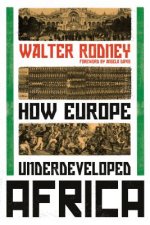
How Europe Underdeveloped Africa
515 Kč -
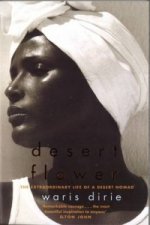
Desert Flower
286 Kč -

Why Does He Do That?
399 Kč -

Letters to a Young Muslim
303 Kč -

Eros and Mysteries of Love
426 Kč -

Life After Darkness
520 Kč -

Puer Tea
772 Kč -

Womanhood
544 Kč -

Complete Book of Pilates for Men
447 Kč -

JFK - 9/11
740 Kč -

Sword of No-sword
646 Kč -

Gypsy Identities 1500-2000
1641 Kč -

Colloquial Yiddish
1682 Kč -

Servitors of Empire
493 Kč -

Gerotranscendence
3473 Kč -

Northwest Coast Indian Art
721 Kč -

Qur'an
810 Kč -
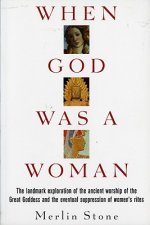
When God Was A Woman
496 Kč -

The Mastery of Love
309 Kč -

Vintage Menswear
435 Kč -

Who Cooked the Last Supper?
427 Kč -

Women Who Run With The Wolves
410 Kč -
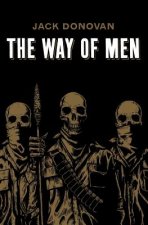
The Way of Men
334 Kč -

The Autobiography of Malcolm X
225 Kč -
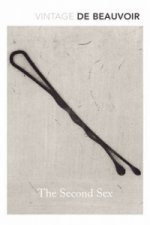
Second Sex
410 Kč -

Goddesses in Everywoman
303 Kč -

Talking with Female Serial Killers - A chilling study of the most evil women in the world
276 Kč -

Intellectuals and Society
538 Kč -

Women in the Qur'an
493 Kč -

Erotic Bondage Book
367 Kč -
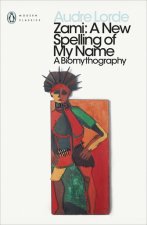
Zami
276 Kč -

Nine Years among the Indians, 1870-1879
618 Kč -

Dark Emu
410 Kč -

Childhood and Society
394 Kč -

Happy City
303 Kč -
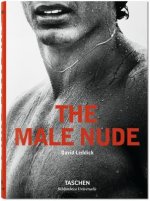
The Male Nude
481 Kč -

The Bell Curve
464 Kč -

We Should All Be Feminists
213 Kč -

Empire of the Summer Moon
357 Kč -

Radium Girls
276 Kč -

Dance of Anger
276 Kč -

Beauty Myth
357 Kč -

Muqaddimah
543 Kč -

TROUBLEMAKER
363 Kč -
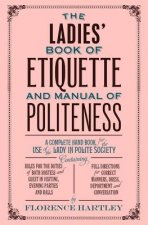
Ladies' Book of Etiquette and Manual of Politeness
306 Kč
Osobní odběr Praha, Brno a 12903 dalších
Copyright ©2008-24 nejlevnejsi-knihy.cz Všechna práva vyhrazenaSoukromíCookies


 Vrácení do měsíce
Vrácení do měsíce 571 999 099 (8-15.30h)
571 999 099 (8-15.30h)